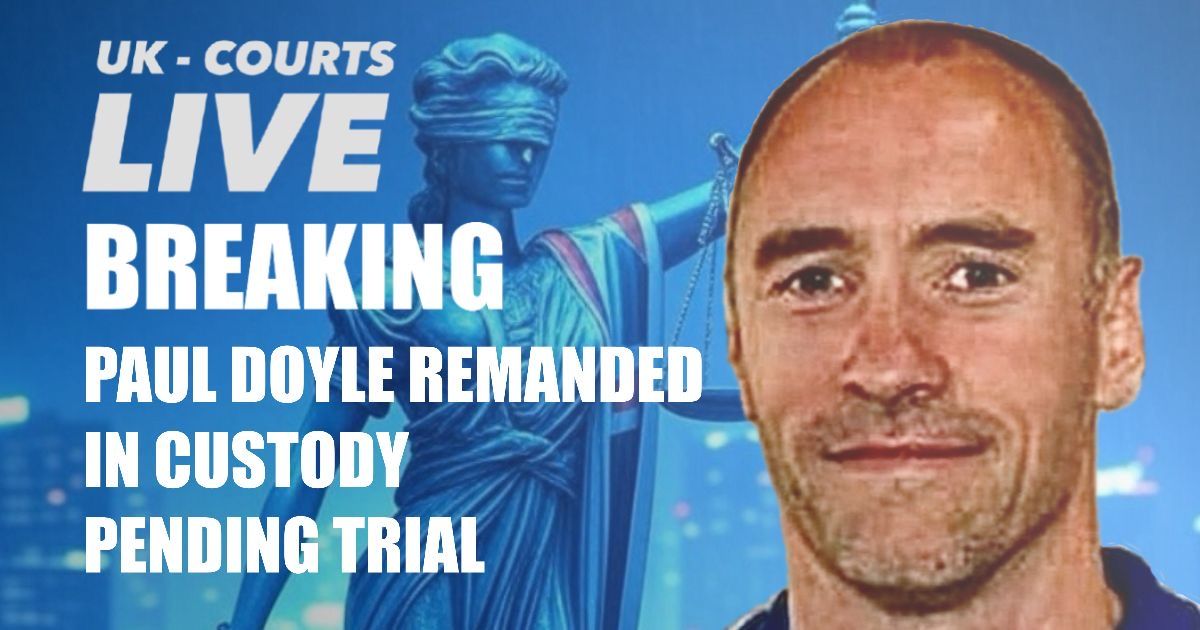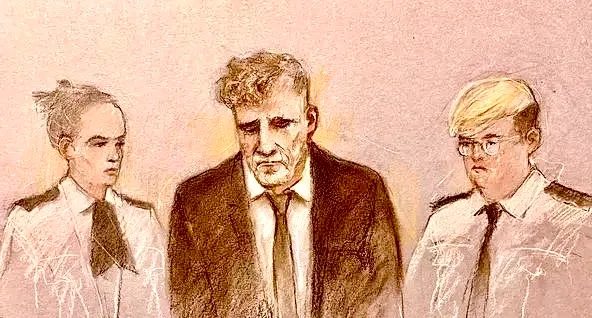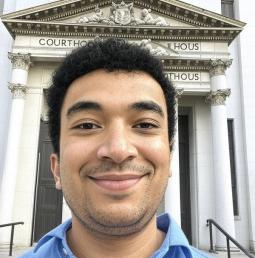Liverpool Parade Crash: Former Marine Paul Doyle Appears in Court
Paul Doyle, 53, appears in court over Liverpool crash. Faces 7 serious charges including GBH after parade incident. Case transferred to Crown Court, defendant remanded in custody. Former Royal Marine Paul Doyle, 53, appeared at Liverpool Magistrates’ Court this morning charged with seven serious offences in connection with the vehicle-ramming incident that injured 79 people during Monday’s Liverpool FC victory parade.
Dressed in a black suit and grey tie, Doyle spoke in a croaky voice to confirm his name and address but gave no indication of pleas. The charges include two counts each of causing grievous bodily harm with intent, wounding with intent, and attempted GBH, as well as one count of dangerous driving. Prosecutors told the court Doyle “used his vehicle as a weapon” and drove “deliberately at the crowd”.
With no friends or family present in court, and a heavy press and public turnout requiring video feeds to an overflow room, Doyle stood with his head bowed for much of the hearing. District Judge Paul Healey granted prosecution requests for anonymity orders covering six complainants, citing the exceptional nature of the case. The matter has now been sent to Liverpool Crown Court, where Doyle is expected to appear this afternoon. He has been remanded in custody.
Access to the Law: When Are Victims Granted Anonymity?
In criminal proceedings, complainants (victims) are not automatically granted anonymity unless specific legal provisions apply. However, a judge can impose reporting restrictions under Section 46 of the Youth Justice and Criminal Evidence Act 1999 to protect adult witnesses in cases deemed “exceptional”—typically where there’s a risk of serious harm, intimidation, or public hostility.
In this case, the judge accepted that the Liverpool crash had “shocked and outraged” the public and granted anonymity for all six named complainants—four adults and two children—meaning their names, faces, and identifying details cannot be reported. This does not relate to any civil claim for compensation, and is entirely about protecting the integrity of the criminal justice process and the well-being of those involved.




